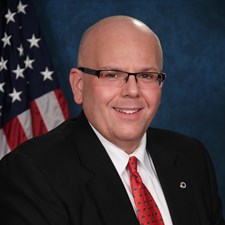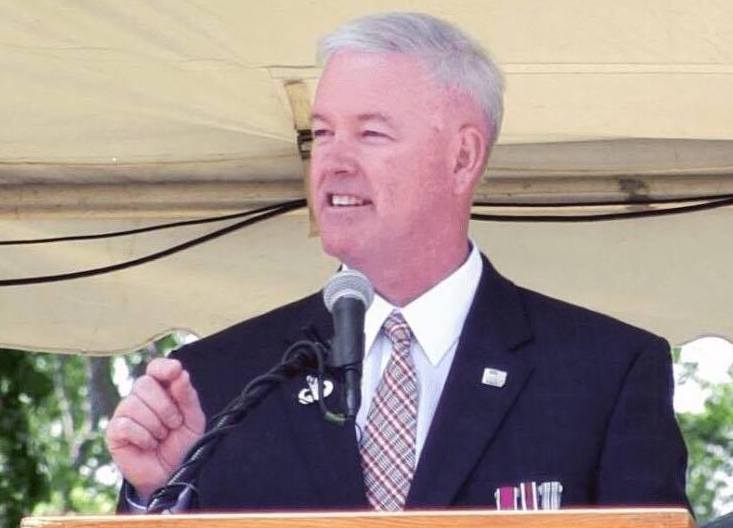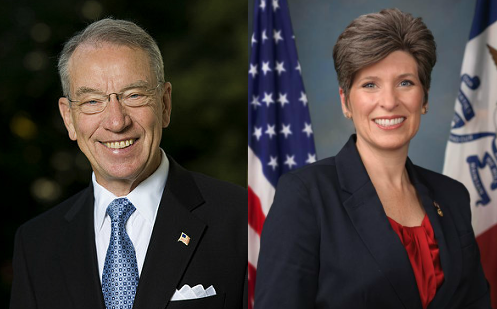During the action-packed legislative session, I never got around to writing about the bill making fireworks sales legal in Iowa for the first time in 79 years. Even if you hadn’t heard about the change in state law, you’ve probably noticed more fireworks going off in your neighborhood at all hours of the night lately, or seen complaints about the phenomenon on your social media feeds. Although numerous local ordinances restrict the use of fireworks to a short window on or close to the 4th of July, many enthusiasts either don’t know or don’t care. I haven’t heard of many people being fined for ignoring those rules.
I’m no fan of do-it-yourself fireworks, which can be triggering for veterans with post-traumatic stress disorder. Many veterans say unexpected or “random” explosions near their homes are more upsetting than large municipal fireworks displays, which happen at predictable times.
Amateur fireworks also cause many preventable injuries. So far this year, a Davenport teenager lost a hand, and a woman in Shueyville has third-degree burns after “a multi-shot box misfired sending a projectile” into her lap. Her four-week-old infant was lucky to escape with only cuts and a broken leg after the quick-thinking mom “tossed the baby aside before the firework exploded.”
Iowa’s long ban on fireworks sales was inspired by major fires, in particular the 1931 blaze that destroyed downtown Spencer. When House members debated Senate File 489 in April, Democratic State Representative Tim Kacena warned about incidents he had seen as a firefighter in Sioux City. Already this year, amateur fireworks have caused several serious fires, one burning down an abandoned farm house near a friend’s residence in Wayne County.
Support for the fireworks bill didn’t fall strictly along party lines. After the jump I’ve posted the Iowa House and Senate roll calls, so you can find out whom to credit or blame, depending on your perspective. This is an open thread: all topics welcome.
For those interested in the events that made July 4 a day worth celebrating, I recommend a trip Philadelphia, where the Declaration of Independence was drafted, approved, and signed in 1776. My family recently traveled there for the first time. The highlight was the phenomenal Museum of the American Revolution, possibly the best historical museum I’ve ever seen. Plan to spend at least three or four hours there to make the most of the exhibits.
The National Constitution Center is also worth at least a half-day. My favorite parts were the temporary exhibit on the rise and fall of Prohibition, a permanent display featuring books that inspired the founding fathers, and an interactive feature (accessible on the center’s website) showing the influences on each amendment in the Bill of Rights. My kids’ favorite part of the Constitution Center was an area where you can vote for past presidents after reading genuine campaign statements about ten issues, not attached to either candidate’s name.



















